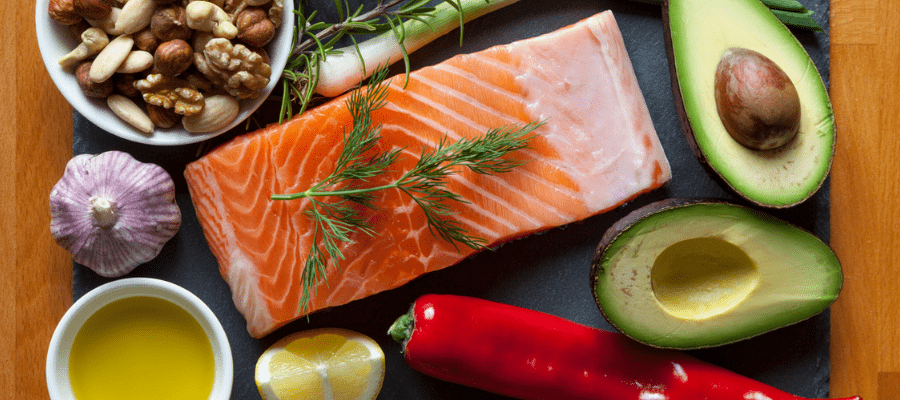
WHAT IS BIOTIN?
Biotin is one of the eight B vitamins. It is also known as vitamin B-7 or vitamin H; H stands for “Haar und Haut”, which means “hair and skin” in German.
Biotin
WHAT DOES BIOTIN DEFICIENCY CAUSE?
Symptoms of biotin deficiency include hair loss, dry scaly skin, cracking at the corners of the mouth (called cheilitis), a lavender-colored swollen and sore tongue (glossitis), dry eyes, loss of appetite, fatigue, insomnia, and depression.
Biotin deficiency is more likely to occur in people who have long-term parenteral nutrition, gastric sleeve or bypass operations, those who take anti-seizure medications or antibiotics for a long time, and those who have conditions that make it difficult to absorb nutrients, such as Crohn’s disease.
Nail health;
Weakened nails are brittle and can split or crack easily. Biotin deficiency can cause brittle nails.
For people who have a biotin deficiency due to bariatric surgery or other reasons, taking supplements containing biotin can increase the strength of their nails.
Modifying diet and other lifestyle factors can help improve nail health, as can some commercial products. Biotin combined with zinc (http://www.vitabar.net/multivitamin-tablet) can be used as a supplement in both children and adults.
Hair health;
Diet can play an important role in skin and hair health. In today’s conditions, it has become difficult to take nutrients in recommended amounts due to the restriction of macro and micronutrients, malabsorption, and decreased food intake after obesity surgery. One of the Bhu nutrients is biotin.
Biotin deficiency can cause hair loss, indicating that the vitamin plays a role in keeping hair healthy.
Biotin also has many health benefits such as skin health, diabetes (diabetes), mother and baby health during pregnancy, and it is recommended to take supplements in case of deficiency.